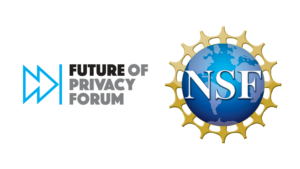Overview
The recently passed US House of Representatives infrastructure bill has generated discussion about certain types of car technology such as those that monitor drivers for impairment as well as technology that assists in protecting pedestrians and cyclists. What are some of the technologies that are out there and what does it mean for the human in the car?
This webinar showcases academic research in the technology and psychology of driver monitoring systems.
Researchers presenting in this webinar include:
- Lishengsa Yue – Postdoctoral Researcher at University of Central Florida – An Augmentation Function for Active Pedestrian Safety System Based on Crash Risk Evaluation
- Kapotaksha Das – Graduate Student, University of Michigan – Dearborn Computer & Information Science – Distracted and Drowsy Driving Modeling Using Deep Physiological Representations and Multitask Learning
- Michael A. Nees, Ph.D – Associate Professor, Department of Psychology, Lafayette College, Easton, PA– Driver Monitoring Systems: Perceived Fairness of Consequences when Distractions are Detected
- Suresh Kumaar Jayaraman Ph.D. – Postdoctoral Researcher, Cornell University- Multimodal Hybrid Pedestrian: A Hybrid Automaton Model of Urban Pedestrian Behavior for Automated Driving Applications
This webinar is part of our Applied Privacy Research Coordination Network. This project was funded by the National Science Foundation to facilitate dialogue between the academic community and industry on topics related to data protection and privacy.

